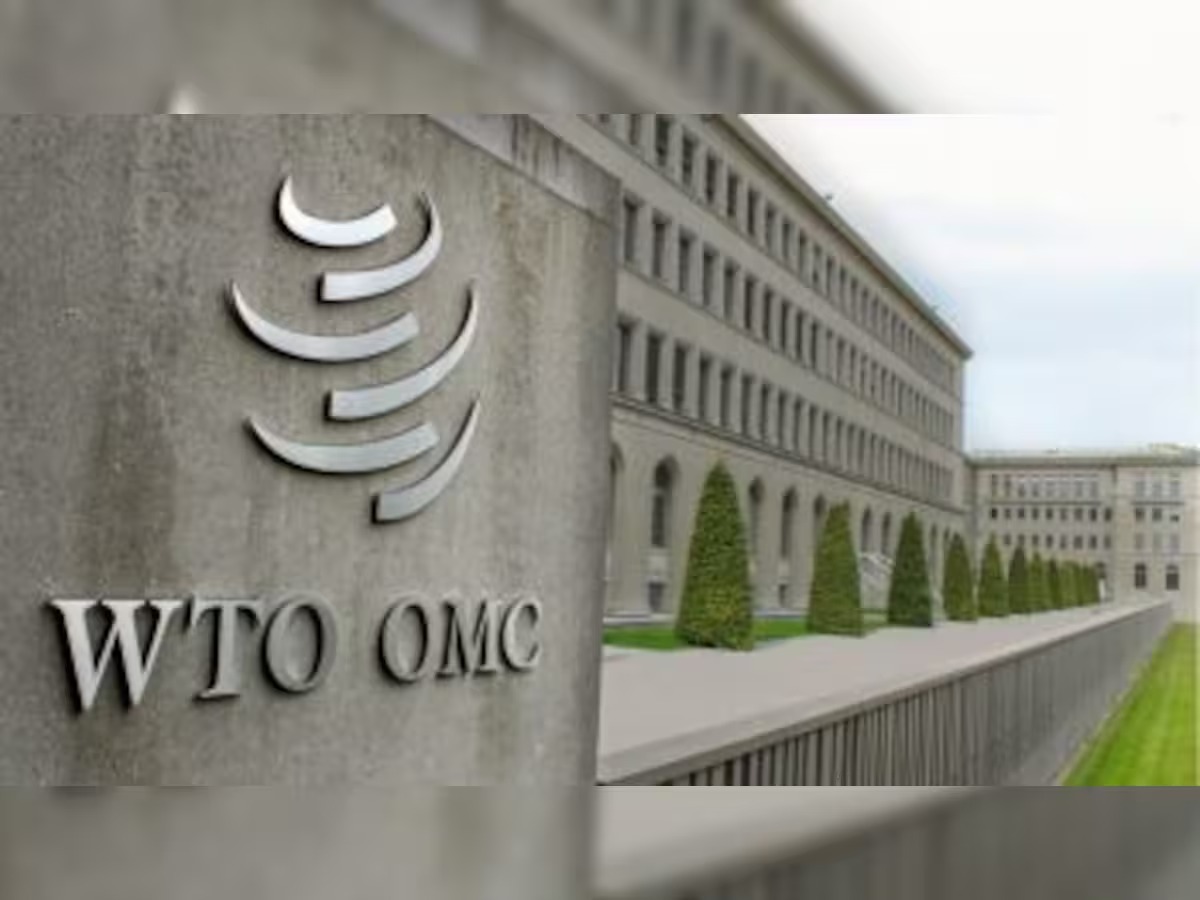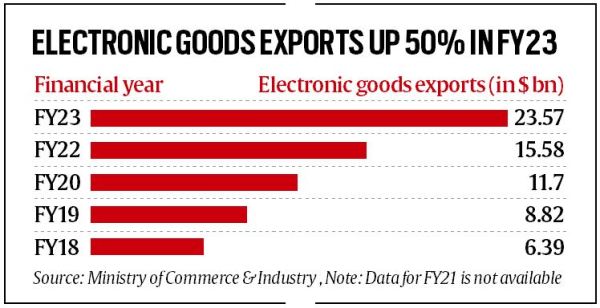
India & EU inch closer to settling their $600-mn trade dispute at WTO
NEW DELHI : India is close to resolving its most contentious trade dispute, involving information communications technology (ICT) products, with its second largest trade partner, the European Union (EU), a senior government official said.
This comes on the heels of India settling all seven trade disputes at the World Trade Organization (WTO) with its largest trade partner, the US.
Brussels had dragged New Delhi to the WTO’s dispute settlement mechanism in 2019 challenging its levying of import duty on a wide range of ICT products including mobile phones and components, base stations, integrated circuits and optical instruments claiming that the duty was inconsistent with global trade norms and was hurting €600 million worth of its tech exports to India.

The dispute assumes significance as it was feared to affect India’s efforts to boost electronic products manufacturing — a strategic sector in which India is trying to cut its reliance on China. An adverse final ruling could have also meant disruption of the flagship production-led incentive (PLI) scheme due to the rolling back of duties.
The imminent resolution of the dispute comes as India had told the EU that it was facing a similar quantum of losses due to the EU’s restriction on Indian steel after the latter fixed specific quotas for steel imports beyond which the items attract additional import duties of 25 percent. The key reason behind the restriction was to avoid the diversion of exports from the US market to the EU market in the backdrop of controversial tariffs on steel under the Donald Trump administration.
A likely mutual settlement follows the high-level Trade and Tech Council (TTC) meeting between India and the EU that was set to discuss a number of outstanding issues between the two countries in the absence of a functional dispute resolution mechanism at the WTO. TTC with the EU assumes significance as the EU has a TTC only with the US. The council aims at forging technology partnerships with like-minded countries amid rising tensions with China.
India imposed higher duties on ICT products as it looks to boost the manufacturing of electronic products with the help of the production-linked incentive (PLI) scheme. The current strategy has also paid off as India’s electronic products have been on the rise even as broader goods exports have declined during the current fiscal.
Earlier this year, India questioned the legality of the WTO dispute resolution body’s order which was in favour of the EU. “The panel’s decision proceeds on the basis that India already had notice of expansion of tariff lines under its schedule, and thereafter India contributed through its inaction during the transposition process. As such, the legal standard to determine whether a member state contributed by its conduct cannot proceed on the basis that it already had notice of the error. These standards are different and the panel made a legal error in presuming that India already had notice of the error and notice is, in fact, essential before contribution through conduct is determined,” India had told the WTO.

